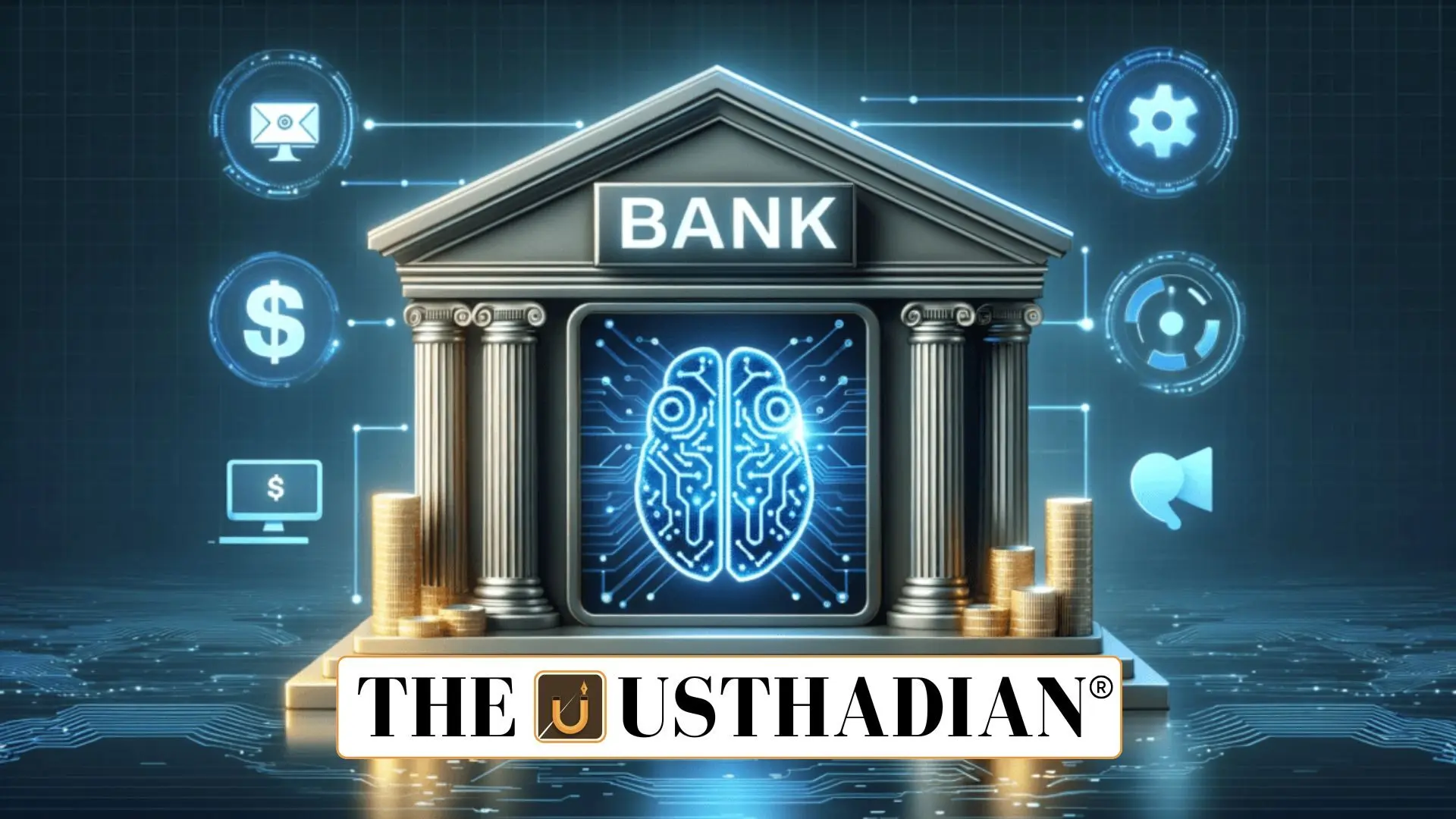Banks are rapidly shifting to AI-driven systems
AI transforming modern banking in India: Artificial Intelligence is redefining the core of banking in India. Earlier dominated by physical paperwork and in-person processes, banks are now embracing automated workflows, AI algorithms, and predictive tools.
Major institutions like SBI, ICICI Bank, and HDFC are integrating AI to boost speed, cut costs, and enhance customer experience. These systems reduce manual effort and allow real-time data processing for decision-making.
Smarter customer service with no queues
AI is enabling hyper-personalised customer journeys. For instance, account upgrades or service requests that once needed paperwork now happen in minutes without human intervention.
Such seamless operations are possible due to AI-powered Customer Lifecycle Management (CLM) systems that predict customer needs, automate processes, and remove bureaucratic layers.
AI moves beyond chatbots
AI in banking is no longer limited to chatbots. It now powers key back-end operations like:
- Document scanning and KYC verification
- Real-time data extraction from loan files and financial reports
- Sentiment analysis from chats, calls, and social media
This allows banks to track customer satisfaction, detect churn risks early, and suggest customised offers.
Static GK fact: The first AI-powered chatbot in Indian banking was EVA, launched by HDFC Bank in 2017.
Credit scoring gets smarter with AI
AI is revolutionising loan underwriting. Instead of relying only on CIBIL scores or income documents, AI evaluates:
- Digital transaction patterns
- Cash flow insights for MSMEs
- Social media behaviour
- Real-time income signals
This allows even self-employed individuals to access credit, broadening financial inclusion.
Static GK Tip: The Credit Information Bureau (India) Limited (CIBIL) was established in 2000, and is one of India’s primary credit agencies.
Real-time fraud detection systems
AI now plays a central role in cybersecurity and fraud prevention. It detects anomalies, flags suspicious activities, and reacts faster than manual systems.
AI also helps stop:
- Phishing and account takeover attempts
- Fake identity creation
- Credential misuse
Some systems identify threats within milliseconds, enhancing transaction security.
AI enters wealth and personal finance
AI is now the brain behind many robo-advisory services, offering:
- Automated investment plans
- Real-time portfolio management
- Smart money tracking tools
These platforms personalise financial advice based on income, spending habits, and risk profile.
RBI and Indian banks investing in AI
Indian banks and fintech players like PhonePe and Paytm are investing heavily in AI systems:
- AI-powered CRMs and fraud detection tools
- Voice-enabled banking assistants
- Regional language AI chat interfaces
- RBI’s regulatory sandbox now supports AI innovations
This quiet digital shift is modernising Indian banking in deep, irreversible ways.
Challenges in AI banking systems
While adoption is strong, some issues remain:
- Data privacy must be protected
- Biases in algorithms can cause unfair rejections
- Legacy systems are hard to integrate
- Regulatory frameworks need continuous updating
Banks must ensure transparent, ethical use of AI to retain public trust.
Static Usthadian Current Affairs Table
AI transforming modern banking in India:
| Fact | Detail |
| First AI banking chatbot in India | EVA by HDFC Bank (2017) |
| Major AI investors in banking | SBI, HDFC, ICICI, Axis Bank, Paytm |
| Key AI application in credit | Behaviour-based creditworthiness analysis |
| AI in fraud detection | Real-time anomaly and pattern recognition |
| Robo-advisory usage | Automated investment and money tracking |
| RBI’s innovation space | Regulatory sandbox supporting AI tools |
| Banking language tools | AI chatbots in regional Indian languages |
| Risk of AI bias | May affect credit and service decisions unfairly |
| MSME benefit from AI | Real-time cash flow analysis for credit access |
| First credit bureau in India | CIBIL, established in 2000 |








